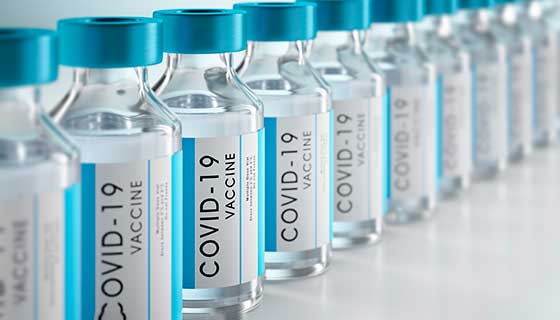There was never any inquiry regarding whether milk was beneficial for us. It was notable that milk and other dairy items are wealthy in calcium and protein. It was significant for helping kids develop and making children and adults keep up solid bones.
The dairy had its place in the nutrition group from which we were instructed to pick something consistently. Indeed, even today, the U.S. dietary rules suggest that pretty much everybody ought to eat three servings of dairy daily.
Nonetheless, an ongoing audit by Harvard clinical educators says that the science behind those dietary suggestions is slightly thinner. They state eating an excessive amount of dairy may damage both our bodies and the planet.
Additionally, the assessment of Arizona researchers who looked into the science behind the dairy proposals and presumed that the U.S. should follow Canada's lead and quit utilizing dairy as a different nutrition group. Rather, they prescribed putting dairy nourishments in the protein classification, giving consumers one decision among numerous choices that would assist individuals with meeting their protein necessities.
The U.S. dietary rules are under audit with another rendition of the rules to be given by a board of specialists as early as possible. Just because, it will likewise incorporate guidance for pregnant ladies and kids more younger than age 2.
Even though they are not saying milk is hazardous or destructive, they call attention to dairy farming, a harsh on planet. While that probably won't have been a major thought 20 years back, environmental change makes it basic to think about at this point.
While we are drinking less dairy as a refreshment, we are as yet drinking a greater amount of it by and large. As indicated by the U.S. Branch of Agriculture, the normal American ate and drank about 9% more dairy in 2018 than we per individual in 1975. Nonetheless, we are eating more cheddar and yogurt and drinking substantially less milk. Truth be told, milk consumption has fallen about 40% since 1975. Since it takes more milk to make items like cheddar and yogurt, dairy consumption is up in general.
The present dietary rules for dairy depend on the possibility that we need milk to help meet day by day calcium necessities. In any case, those suggestions originate from the analysis that was generally little and time-bound, which added to analysts' craving to rethink about the dietary proposals.
Taken together, the science shows that milk isn't basic for health. It is nourishment like any other, implying that its impacts rely upon everything else individuals are eating or doing. Individuals who like milk can keep drinking it. The individuals who don't like it ought not to be required to drink it. Even though it probably won't be a poorly conceived notion to take a calcium supplement without dairy.
There is acceptable proof that kids who drink dairy animals' milk become taller than the individuals who don't. It isn't known precisely how milk quickens this development. Children need calcium for building solid bones, yet experiments don't show that including much more dairy in the diet has any kind of effect.
Calcium doesn't need to originate from milk. Different nourishments like kale, broccoli, tofu, nuts, and beans all can help to achieve calcium requirements. However, would you be able to get children to eat enough of these other options?

 Researchers from Harvard University puts light on Milk and other dairy effects on human.
Researchers from Harvard University puts light on Milk and other dairy effects on human. 



















.jpeg)

.jpeg)










.jpg)




.jpg)

